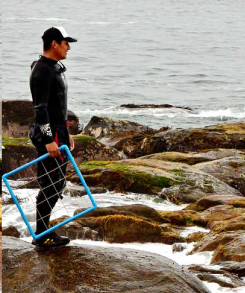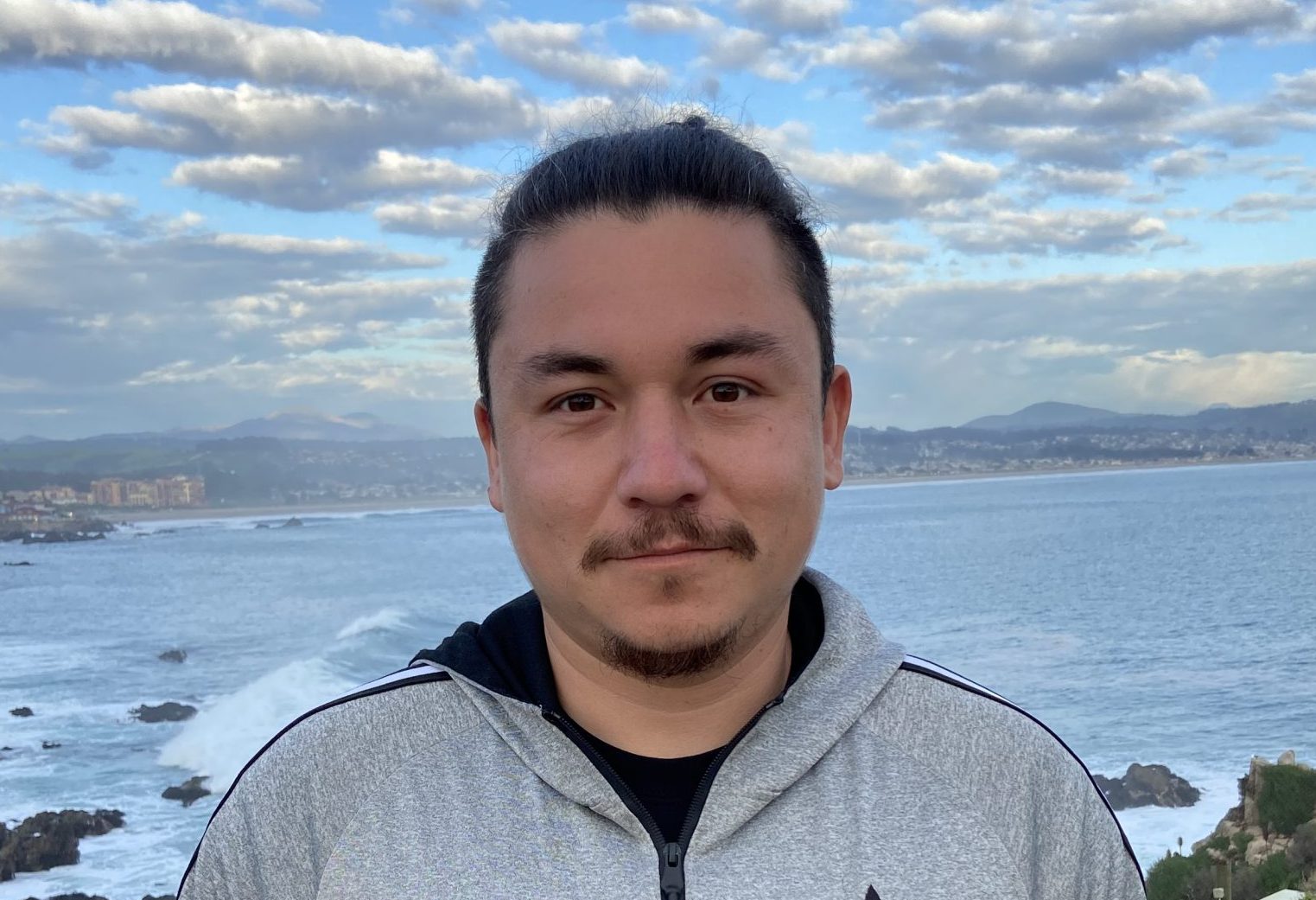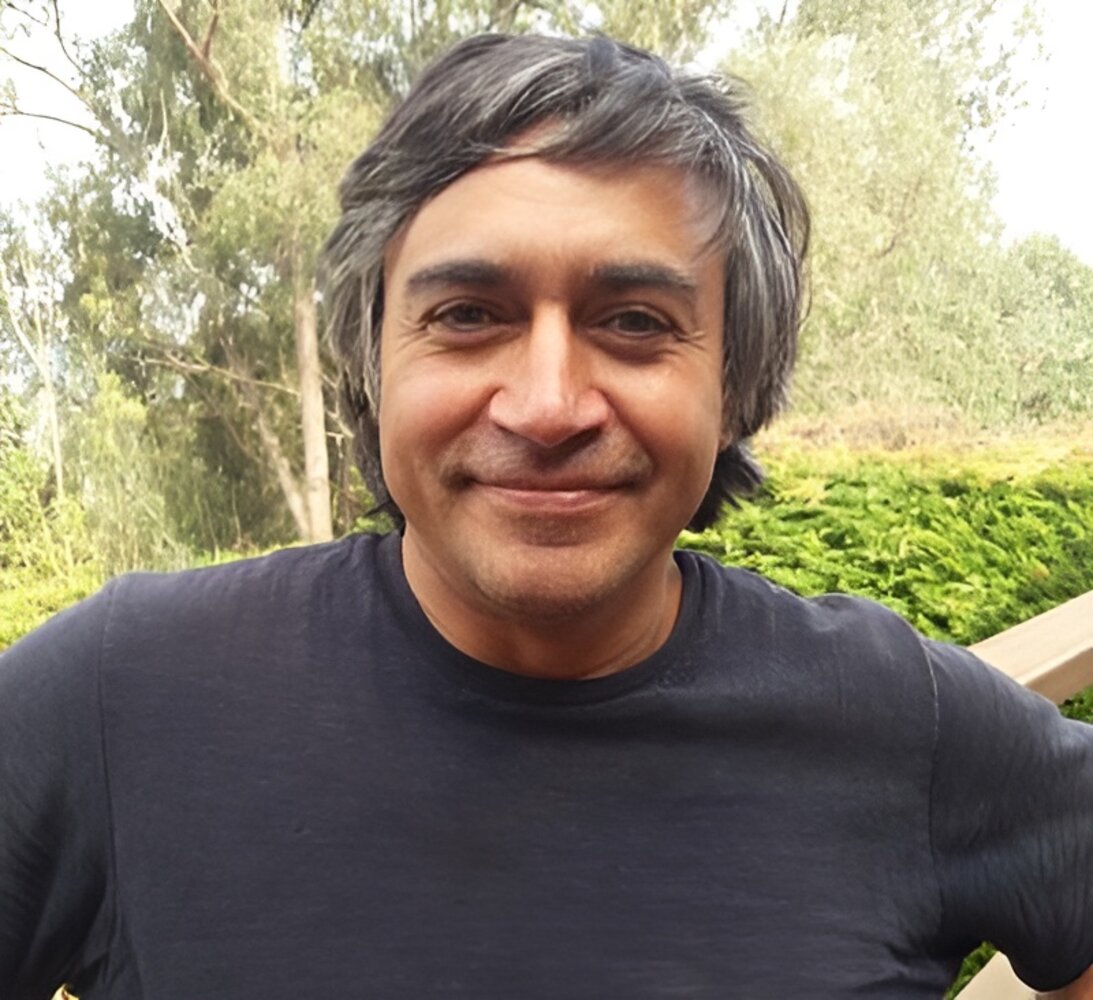Sergio Navarrete
Líneas de Investigación
En mi grupo de trabajo estamos dedicados al estudio de la dinámica, diversidad y conservación de ecosistemas marinos costeros y cómo éstos son influenciados por procesos oceanográficos, climáticos y por acción humana, desde escalas locales a escalas regionales y globales.
Una de mis líneas de investigación busca entender cómo interacciones entre especies, tales como depredación, competencia y facilitación, son moduladas por procesos oceanográficos y climáticos, los cuales conjuntamente determinan la estructura y dinámica de comunidades marinas espacialmente estructuradas.
Esta investigación combina las tradicionales manipulaciones experimentales de terreno con estudios para cuantificar variabilidad en reclutamiento y con observaciones oceanográficas a lo largo de gran parte de la costa de Chile central. También estamos interesados en el proceso subyacente de dispersión y conectividad entre poblaciones de invertebrados y peces en el océano costero. Estos procesos determinan la dinámica de meta-comunidades y establecen el contexto para estrategias exitosas de conservación y manejo de especies explotadas.
Mucha de esta investigación combina estudios empíricos, teóricos y modelación, los que son desarrollados en colaboración con estudiantes, postdoctorantes y colegas de diferentes disciplinas.
Finalmente gran parte de nuestro trabajo está dedicado a generar el conocimiento científico para mejorar la conservación de la biodiversidad marina. Aquí, nos enfocamos principalmente en definir las condiciones que controlan la efectividad de reservas marinas y el rol de la biodiversidad sobre funciones ecosistémicas a escalas regionales y globales. De esta manera, nuestros estudios son de naturaleza inter-disciplinaria, incluyendo ecólogos, genetistas de poblaciones, oceanógrafos físicos, climatólogos y matemáticos.
Lab Members




Cursos en los que participa
- BIO249A, Biometría II: “Introducción a Diseño Experimental” (responsible)
- SUS1000, Sustentabilidad, (invited)
- BIO116M, Ecología Marina (invited)
- BIO4042, Fundamentos de Ecología, doctorado
- BIO4031, Fronteras de la Ecología, doctorado
- BIO4030, Ecologia de Cambio Global, doctorado
Publicaciones seleccionadas
The hidden diversity of temperate mesophotic reefs from central Chile (south-eastern Pacific Ocean) assessed through towed underwater videos.
-
Navarro Campoy, Alejandro Pérez-Matus, Evie Wieters, Rodrigo Alarcón-Ireland, Vladimir Garmendia, Ricardo Beldade, Sergio A. Navarrete, Miriam Fernández. 2023.
- Diversity, 15, 360
Assessing efficacy of “eco-friendly” and traditional copper-based antifouling coatings and materials in a highly wave-exposed environment. Journal of Marine Science and Engineering, 11, 217 (2023)
-
Arboleda-Baena, C. Osiadacz, N., Parragué, M. González, A., Fernández,M., Finke, G.R., S. A. Navarrete. 2023.
- Journal of Marine Science and Engineering
Reactive persistence, spatial management, and conservation of metapopulations: an application to seagrass restoration.
-
Aiken, C.M., S.A. Navarrete and E.L. Jackson. 2023.
- Ecological Applications 2023 Vol. 33 Issue 2 Pages e2774


